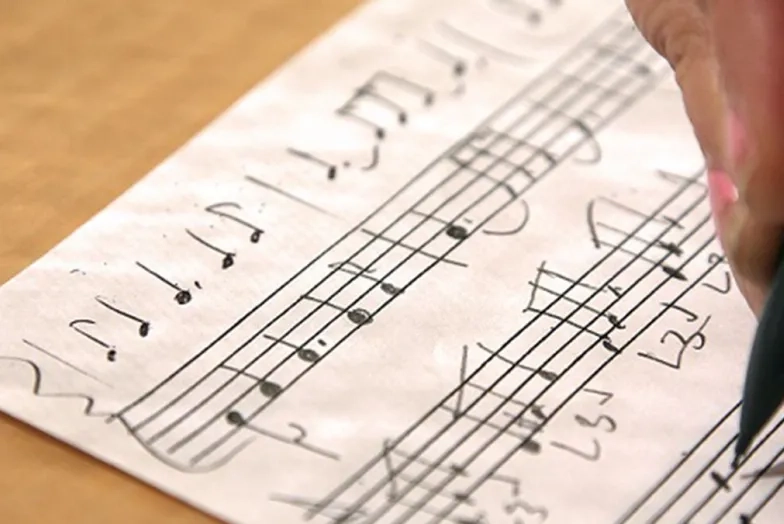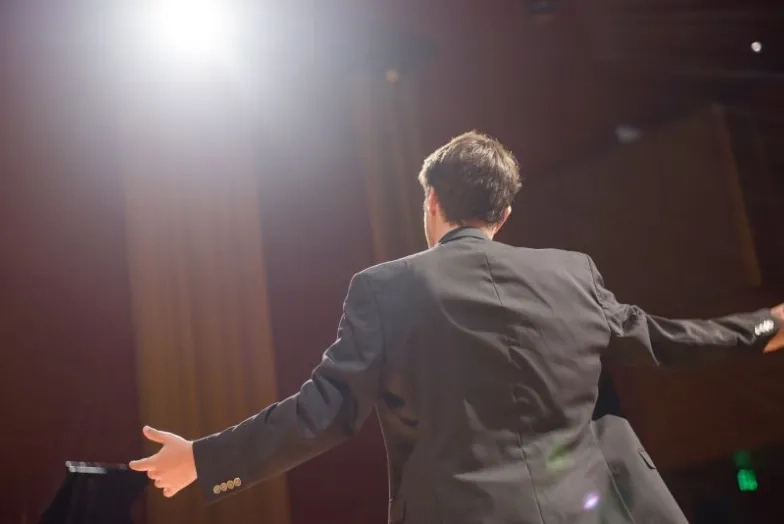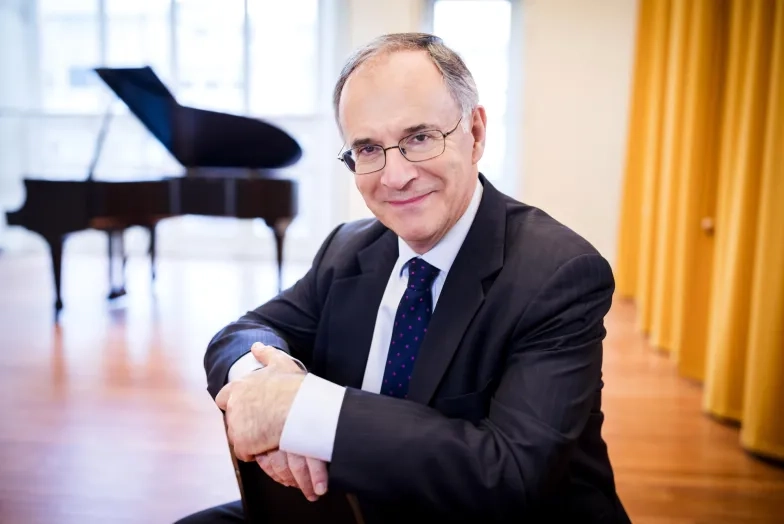Student Recital

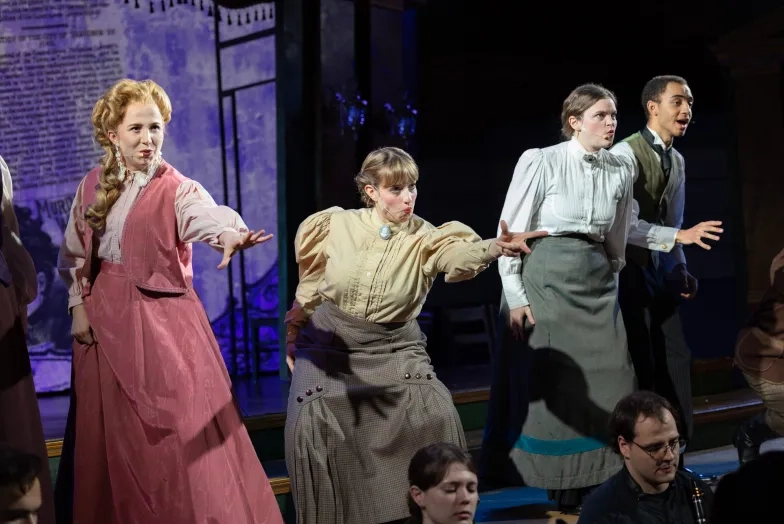
7:30 PM
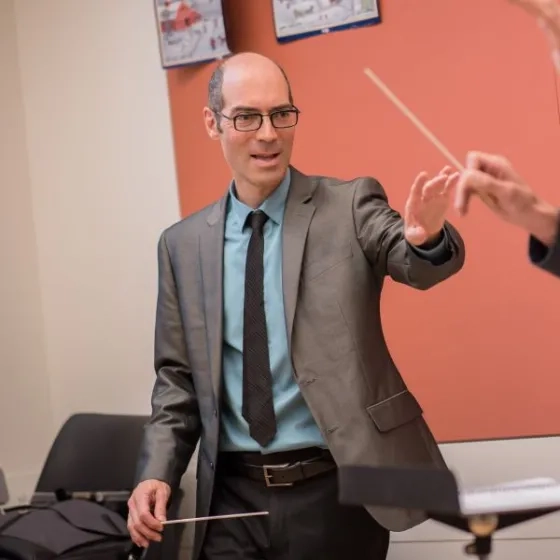
Courses Taught
Undergraduate Musicianship
Undergraduate Music Theory
Chromatic Harmony
Twentieth-Century Harmony
Graduate Musicianship Review
Introduction to Conducting
Education
DMA, The University of Michigan
MM, McGill University
BM, McGill University
Ensembles
Opera Parallele, 2004–Present
What is your hometown?
Montréal, QC, Canada
What is your favorite recording?
The 1955 recording of Don Giovanni by Josef Krips conducting the Vienna Philharmonic Orchestra, and sung by Cesare Siepi, Fernando Corena, Suzanne Danco, Lisa Della Casa, Anton Dermota, Walter Berry, and Hilde Gueden.
What are you passionate about outside of music?
I am fascinated by foreign languages. They provide different windows on reality.
Who were your major teachers?
Bruce Mather, William Albright, William Bolcom, Fred Lerdahl, and Bengt Hambraeus.
What is a favorite quote that you repeatedly tell students?
"Music theory is the prism through which we can read the minds of our favorite composers."
What question do you wish students would ask sooner rather than later?
Anything on the assigned topic they don't understand before rather than on or after the deadline!
What was the defining moment when you decided to pursue music as a career?
When I sang in Bach's Saint John Passion as a student and I cried after the final chorale. I knew that if music like that could provide such an out-of-body experience, then I wanted to spend my life trying to recreate it.
What was a turning point in your career?
When the phone rang announcing that I had landed my first academic job. I knew then, I would be able to spend my life in music.
If you weren't a musician or teacher, what do you think you would be doing now?
Making wine! As for wine, music is difficult to describe in words. There is something magical about grapes being fermented and aged in oak casks, subsequently revealing flavors of apricot, apple, plum, or even chocolate.
If you could play only three composers for the rest of your life, who would they be?
Bach for the perfect balance between art and science, Wagner for the perfect fusion between words and music, and Scriabin because his music goes straight to the soul.
From a music history perspective, what year and city are most important to you?
Paris, in 1913, and Berlin, in 1912, because music was never the same after The Rite of Spring and Pierrot lunaire.
What are your most important collaborations?
My music was performed by the Toronto Symphony Orchestra, I represented Canada at the first International Composers Forum of the Nouvel Ensemble Moderne in Montréal, and I re-orchestrated John Harbison's opera, The Great Gatsby.

